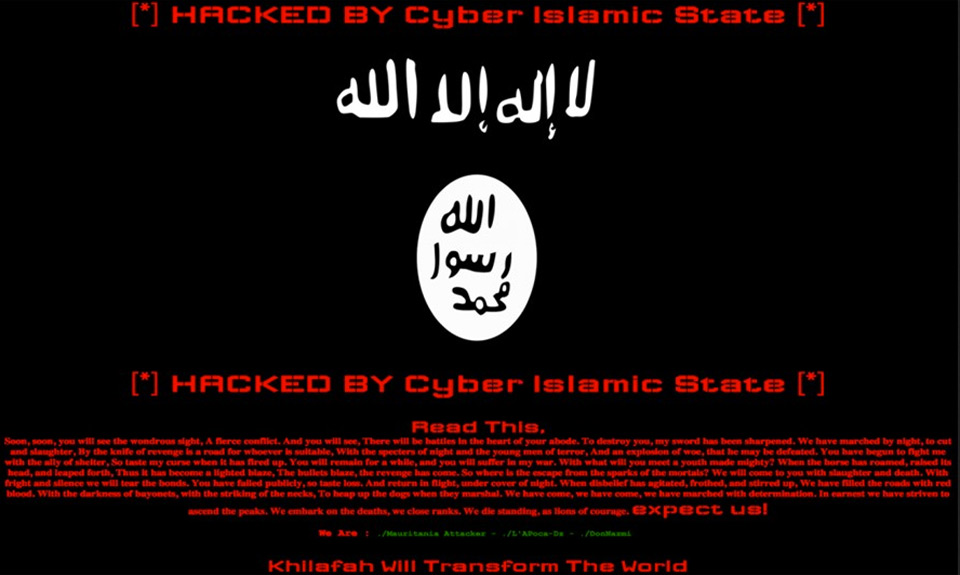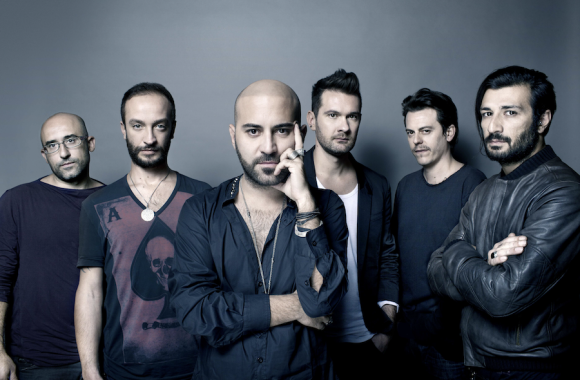What ISIS is undertaking, not only militarily, but above all from a communication perspective, is a real war for hegemony and identity: what exactly does it mean to be a Sunni Muslim in times of war and sectarianism?
To answer this question the “Islamic State” acts as a guide by producing mainly Arabic videos aimed at inciting their global Arab audience and popularizing their fighters, ideology and preachers as role models who are promoted as modern Islamic warriors or simply as defenders of the Sunni community in a time of sufferance.
ISIS is a movement fighting for Arab independence but it also welcomes foreign non-Arab Muslims who are then used strategically at a tactical level by the jihadist media. These foreign fighters reach their respective language targets and are often present in Arabic videos or with sub-titles. Although the vast majority of videos are made in Arabic by mother tongue fighters, their task is to explain the ISIS vision in English, German, French, Russian and so on.
With the arrival of foreign fighters from the European Union and the USA, the use of social media in a variety of languages has reached unprecedented levels. These foreign fighters have the potential to have a huge impact on the Islamic communities in their home countries as their references to concepts of social injustice and specific local situations demonstrate their direct knowledge of local contexts. At the same time, their ideology is bound to religious Arab thinking as expressed in religious texts and communicated through audio-visual means. Just as Arabic is the most important language for Islam as the Koran is written in Arabic, so the Jihadist language is also Arabic. As a result, many Jihadist Arabic keywords have become part of the traditional vocabulary of many non-Arabic languages where Islam has found a home. This linguistic process provides non-Arab jihadist converts with a common jargon of self-identification which can be used in rituals and codes.
This phenomena is of extreme importance when studying Arab jihadist materials, particularly when analyzing jihadist social media such as the question and answer sessions used for operative or ideological ends.
Converts and media operators use strategic keywords in order to increase the fascination of jihadist ideology. From the original Arabic, these keywords are transcribed into the Latin alphabet and form the core of everything produced in non-Arabic languages. The use of these specific words is highly significant to understand the nature of the dominant Arab ideology and its impact on societies with non-Arab majorities, both on and offline. Moreover, the foreign fighters extend their extremist influence and hegemony, defining what it means to be a true Sunnite, by passing on the keywords to their own audiences.
Interactions on social media platforms basically encourage supporters to study these videos and models and then to spread these keywords throughout the local non-Arab communities within societies without Islamic majorities, such as European countries.
The realization of the jihadist faith (‘aqida) and methodologies (Manhaj) for which they claim to be fighting are demonstrated and communicated principally through their videos which present their extremist vision as the only authentic interpretation of the Prophet Mohammed thereby claiming to use “the prophetic methodology” (to quote the title of one of the most famous videos).
ISIS cyberwar/2




